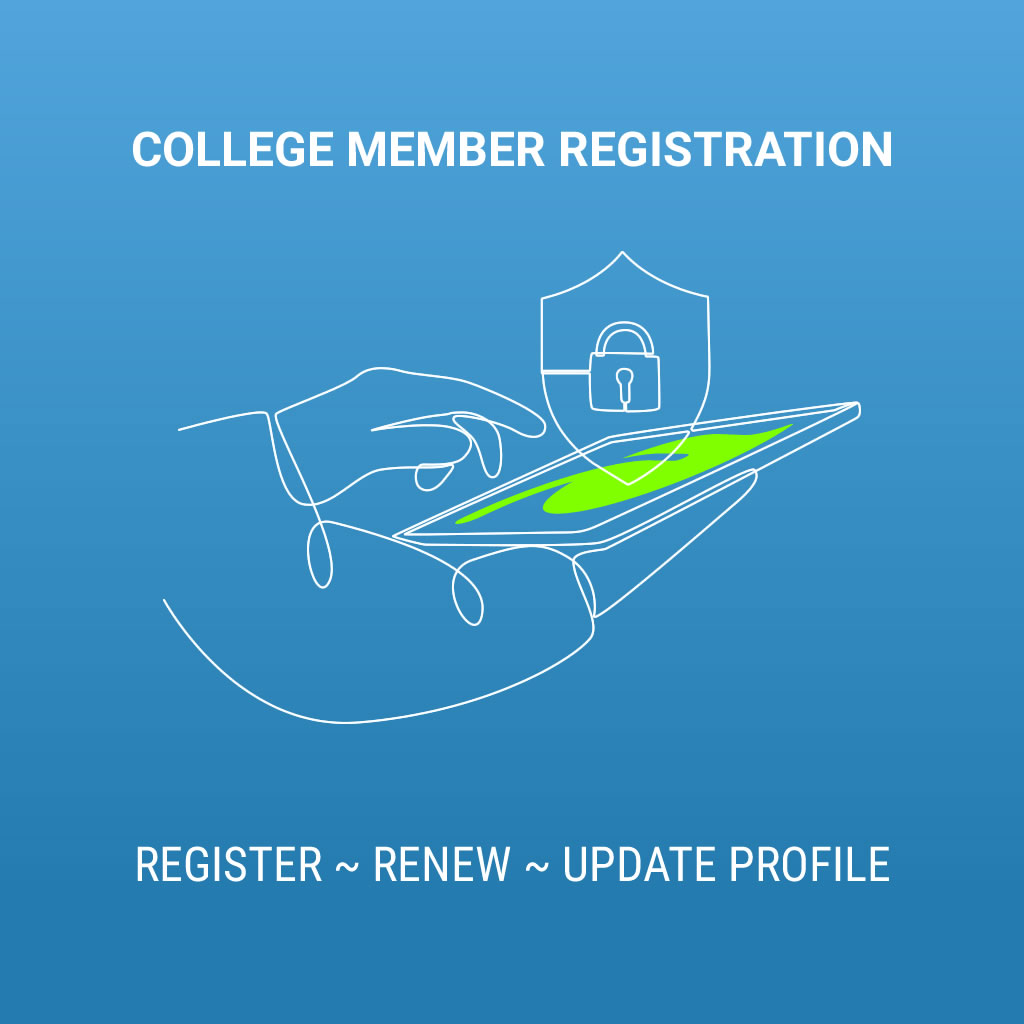Accessibility / Accommodations for the CCTPEI Registration Exam
The information on this page was provided by COMPASS Centre for Examination Development.
Basic Principles
An accessibility issue or accommodation need, based on disability (whether temporary, transient, or permanent) is considered appropriate if it results in equal opportunity to attain the same level of performance as persons without an identified disability, and meets the individual's disability-related needs without affecting the confidentiality of the examination and integrity of the examination's assessment purpose. The basic principle for accessibility and reasonable accommodations for the Registration Examination (also known as the Canadian Professional Standard for Counselling and Psychotherapy (CPSCP): Entry-to-Practice Competency Assessment) is to remove barriers to enable equal opportunity with dignity and without impediment.
For the purposes of the Registration Examination, disability refers to any condition, diagnosis, or injury that impedes a candidate's ability to approach the examination in a manner equal to those of peers without such an impediment.
Universal Design
To support all persons in engaging fully in the Registration Examination process, the following priority steps have been undertaken for all test-takers:
- Physically accessible test centres (wherever possible)
- Additional test-taking time built-in to regular test-taking time allotment
- Customizable font size for examination print
- Short sentences with increased white space on screen
- No use of 'flash' or colour-dependent information
- No use of photographs, diagrams, or charts
- Available personal breaks
- Access to medication and/or glucose meter *
- Access to food and/or beverage *
* Formal accommodation request is not required for the last two items on this list, but you must inform CCTPEI of your need for access to medication, glucose meter, food, and/or beverage by the deadline used to confirm your intent to write the exam. Proctor must be advised prior to examination start to retain medication and glucose meter at computer terminal. While access to food and beverages is not permissible near computer terminals, you may exit and re-enter exam room as needed to gain access.
Forms of Accommodation
Depending on documented individual needs, a variety of accommodations are possible. The following forms of accommodations are most common:
- Extended time (to a maximum of 5 hours) with personal breaks
- Separate room
- Service animal
- Reader aide
- Mobility aide
Evaluation of Accommodation Requests
Requests are reviewed individually and confidentially. Accommodations are subject to COMPASS approval. Please note that accommodation approvals are based on guidelines for human rights; however, requests may be refused for the following reasons:
- There was no request received at the time of indicating intention to write the Registration Examination
- There was no official documentation confirming a disability, condition, impairment, or injury
- The individual providing the documentation was not a registered practitioner familiar with the candidate and/or qualified to diagnose the condition(s) for which the accommodation was being requested
- Official documentation did not include the type or specifics of the accessibility / accommodation need required
- Official documentation older than five years
- The requested accommodation posed a reasonable risk to the integrity of the examination (i.e., an unfair advantage would occur; the test would not be able to achieve its testing purpose; the confidentiality of the test items could reasonably be negatively affected)
Within two weeks of receipt of a completed application (with documentation), you will receive an email from COMPASS indicating the status of your request. If COMPASS requests additional information, please reply at your earliest convenience. If no further information is required, the email from COMPASS will indicate the specifics of which accessibility / accommodation need(s) have been approved. Review this information and reply to the email, indicating your awareness of the approved accessibility / accommodation plans.
Applying for Accessibility / Accommodation
Please follow these steps to submit the Accessibility / Accommodations Request Form for the purpose of CCTPEI Registration Exam:
- Download the Accessibility / Accommodations Request Form or open it in your browser, fill it out and print it.
- Sign the printed form, then scan it and save it as a PDF, or take a photo of the form.
- Gather appropriate supporting documentation. All documentation must be current within five years of application to write the Registration Examination. All documentation must be specific to your accessibility / accommodation request and must include a description of the accessibility / accommodation need. This can either be from:
- a regulated health professional who is familiar with your condition and who has specific training, expertise, and experience in the diagnosis of the condition(s) that is within their scope of practice and experience in the diagnosis of the condition(s) for which the accommodation is being requested OR
- if you received accessibility consideration / accommodation(s) for test writing from the Student Support Services while enrolled in a post-secondary education program, you may use the documentation from that institution. The copy of educational accommodation must be on institutional letterhead and signed by an appropriate representative of Student Support Services/Access Office of the institution.
- Upload the form along with accompanying documentation (PDF or JPG files are accepted) using the contact form. You can upload two documents at once. If you have more than two documents to upload including the form, submit the contact form multiple times.

